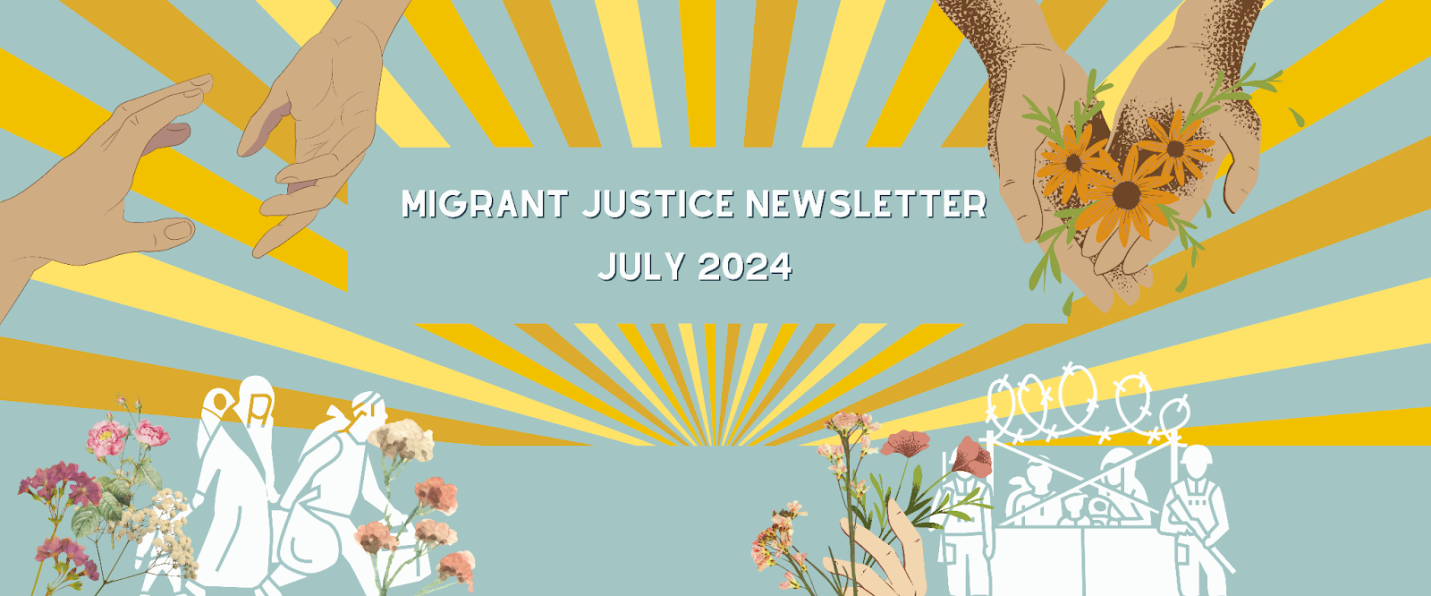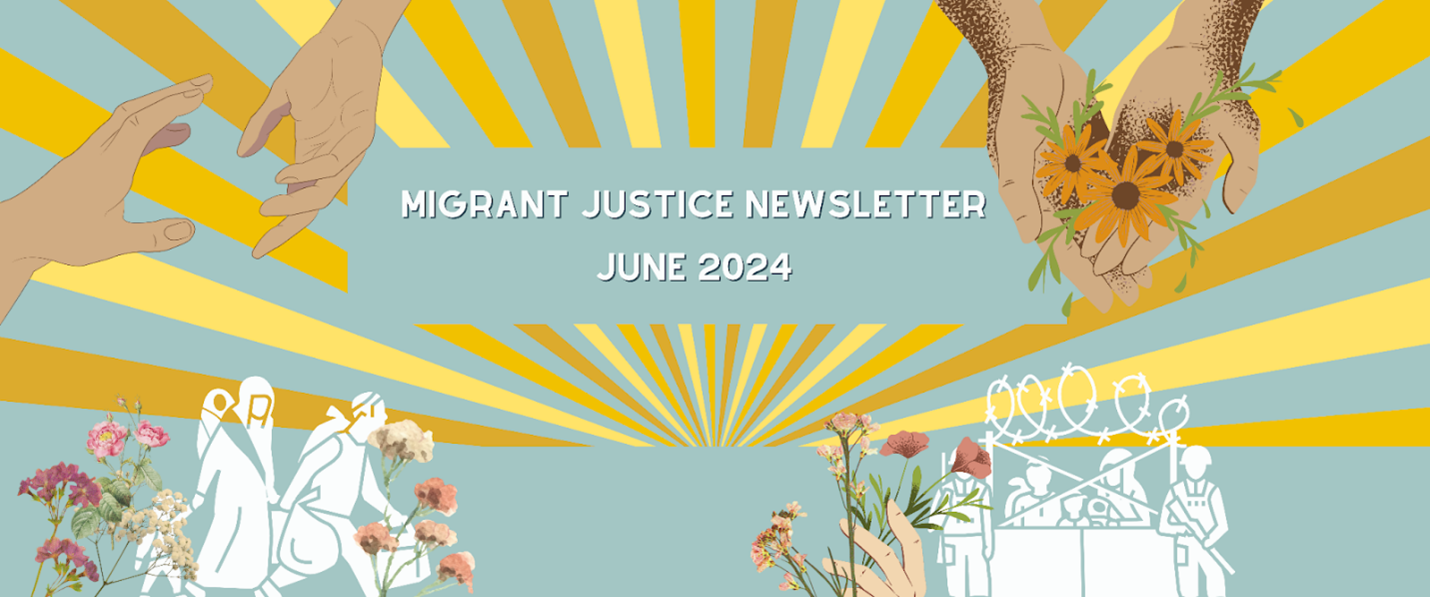Because of his bold leadership in protecting the Wayuu people, Javier Rojas Uriana has suffered many reprisals: assassination attempts, death threats, slander, and trumped-up legal charges. For more than a decade, Javier Rojas Uriana has denounced the humanitarian crisis facing the Wayúu people, the largest Indigenous community in Colombia. Where they live in La Guajira, the department with the highest prevalence of food insecurity, extreme climate phenomena have been causing droughts and heatwaves, affecting food staples such as rice and corn. Their economy—based on artisanal fishing, sheep and goat breeding, and handicraft production—has been disrupted. Child malnutrition is reaching alarming levels.
On July 2 while he was in Valledupar, the capital city of Cesar Department, Javier Rojas Uriana suffered an assassination attempt when assailants targeted him with an explosive device. Fortunately, he was not injured in the vicious attack. We are urging that the National Protection Unit (UNP) review and reinforce its protection measures for Javier Rojas Uriana and his family, in strict accordance with their wishes.



